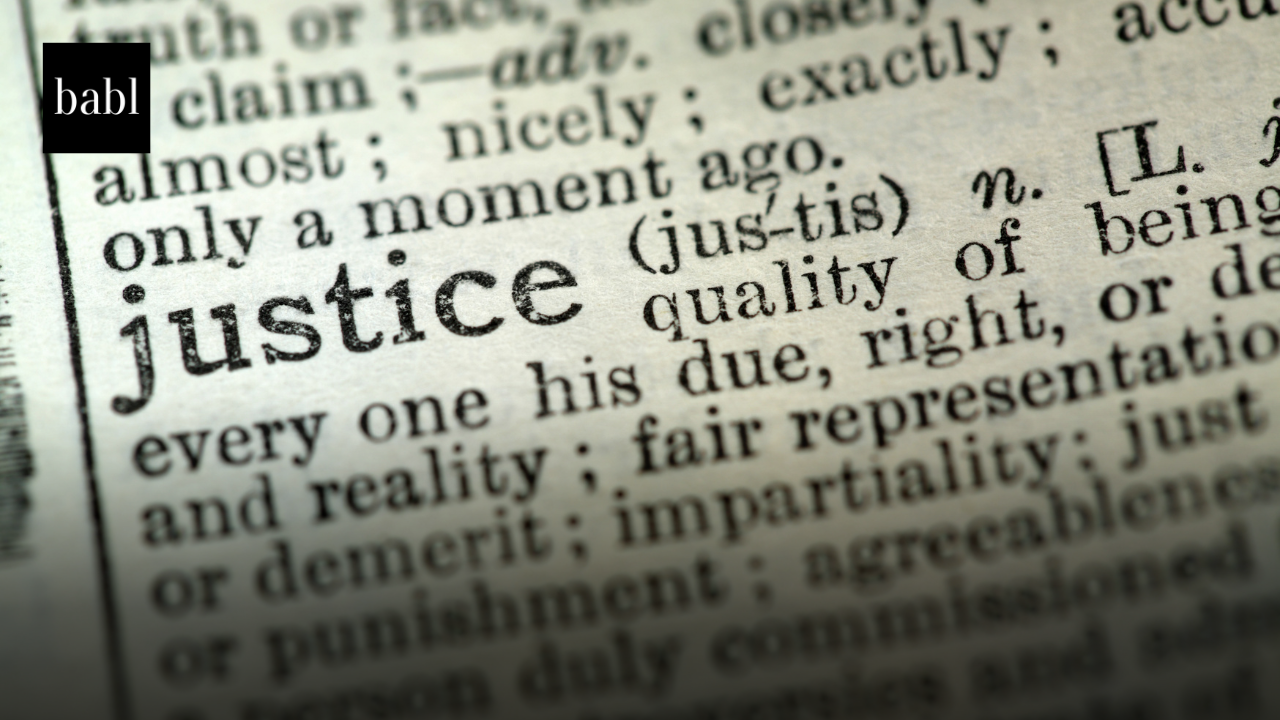The Council on Criminal Justice (CCJ), in partnership with the RAND Corporation, has launched a national task force aimed at developing standards and oversight strategies for the use of artificial intelligence (AI) in the U.S. criminal justice system.
Chaired by former Texas Supreme Court Chief Justice Nathan Hecht, the Task Force on Artificial Intelligence includes a wide-ranging panel of 15 members, from technologists and academics to law enforcement leaders, civil rights advocates, and formerly incarcerated individuals. Over the next 18 months, the group will work to craft consensus principles and operational standards to guide AI adoption across policing, courts, corrections, and community justice.
“Artificial intelligence is developing at breakneck speed, presenting both significant opportunities and formidable challenges,” Hecht said in a statement. “This task force aims to provide credible guidance to help policymakers navigate this evolving landscape.”
The initiative follows growing concern about the rapid and often unregulated integration of AI tools in criminal justice—from predictive policing algorithms to risk assessment software—many of which have been criticized for lack of transparency and potential bias.
RAND will support the task force by conducting original research and contributing policy analysis, while CCJ will facilitate collaboration and public engagement. The task force’s agenda includes publishing accessible research, developing product procurement guidelines, and ensuring community voices are considered in AI deployment.
CCJ President Adam Gelb emphasized the urgency: “AI tools are already embedded in criminal justice agencies and processes. Too often, that’s happening without clear standards or public input.”
The effort builds on a 2024 convening hosted by CCJ and Stanford Law’s Criminal Justice Center, where experts called for greater clarity, transparency, and ethics in AI adoption.
The task force is funded by a mix of philanthropic and private organizations, including the MacArthur Foundation, Microsoft, and The Just Trust. Members represent a cross-section of sectors and ideologies, reflecting the complexity of AI’s potential impact on justice and public safety.
Need Help?
If you have questions or concerns about any AI guidelines, regulations and laws, don’t hesitate to reach out to BABL AI. Their Audit Experts can offer valuable insight, and ensure you’re informed and compliant.





